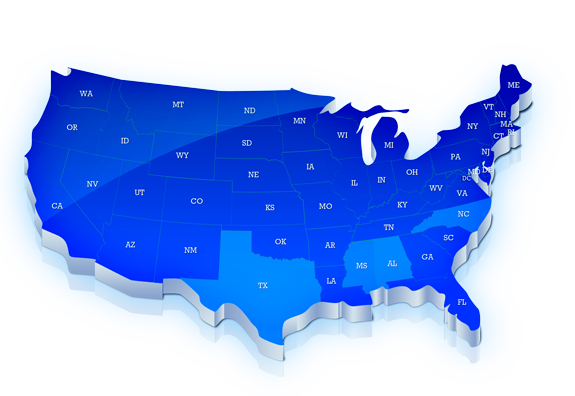Zeta Phi Beta Sorority is unique in the way the organization decided to expand the reach of the sorority beyond Howard University’s campus and into a national organization. While other organizations focused on initially establishing chapters at predominately white educational institutions, Zeta saw a clear need to develop chapters leveraging the backbone of the African American educational experience at Historically Black Colleges and Universities. Zeta wanted more than to simply develop bonds of companionship amongst college students but sought first to make inroads in the communities that would most benefit from the services the sorority would provide.

